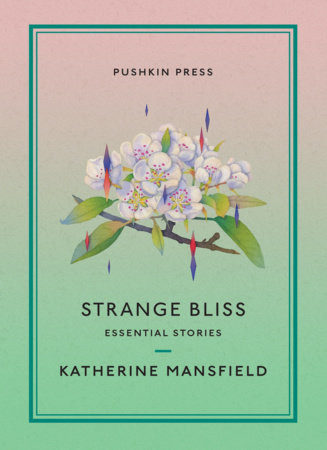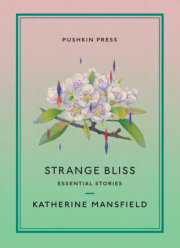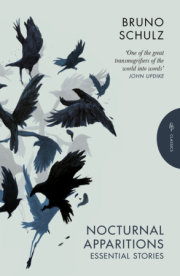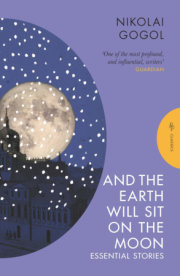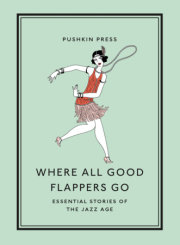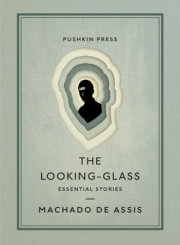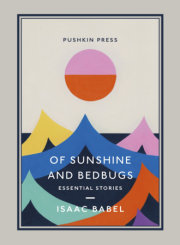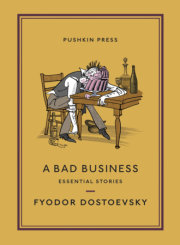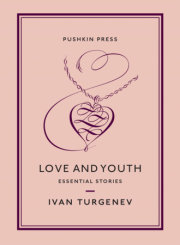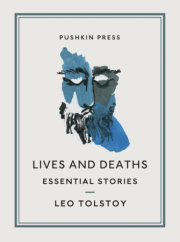Prelude
I
There was not an inch of room for Lottie and
Kezia in the buggy. When Pat swung them on top
of the luggage they wobbled; the grandmother’s lap
was full and Linda Burnell could not possibly have held
a lump of a child on hers for any distance. Isabel, very
superior, was perched beside the new handy-man on the
driver’s seat. Hold-alls, bags and boxes were piled upon
the floor. ‘These are absolute necessities that I will not
let out of my sight for one instant,’ said Linda Burnell,
her voice trembling with fatigue and excitement.
Lottie and Kezia stood on the patch of lawn just
inside the gate all ready for the fray in their coats with
brass anchor buttons and little round caps with battleship
ribbons. Hand in hand, they stared with round
solemn eyes first at the absolute necessities and then at
their mother.
‘We shall simply have to leave them. That is all. We
shall simply have to cast them off,’ said Linda Burnell.
A strange little laugh flew from her lips; she leaned back
against the buttoned leather cushions and shut her eyes,
her lips trembling with laughter. Happily at that moment
Mrs Samuel Josephs, who had been watching the scene
from behind her drawing-room blind, waddled down
the garden path.
‘Why nod leave the chudren with be for the afterdoon,
Brs Burnell? They could go on the dray with the storeban
when he comes in the eveding. Those thigs on the path
have to go, dod’t they?’
‘Yes, everything outside the house is supposed to go,’
said Linda Burnell, and she waved a white hand at the
tables and chairs standing on their heads on the front
lawn. How absurd they looked! Either they ought to be
the other way up, or Lottie and Kezia ought to stand on
their heads, too. And she longed to say: ‘Stand on your
heads, children, and wait for the storeman.’ It seemed
to her that would be so exquisitely funny that she could
not attend to Mrs Samuel Josephs.
The fat creaking body leaned across the gate, and the
big jelly of a face smiled. ‘Dod’t you worry, Brs Burnell.
Loddie and Kezia can have tea with by chudren in the
dursery, and I’ll see theb on the dray afterwards.’
The grandmother considered. ‘Yes, it really is quite
the best plan. We are very obliged to you, Mrs Samuel
Josephs. Children, say “thank you” to Mrs Samuel
Josephs.’
Two subdued chirrups: ‘Thank you, Mrs Samuel
Josephs.’
‘And be good little girls, and—come closer—’ they
advanced, ‘don’t forget to tell Mrs Samuel Josephs when
you want to. . . .’
‘No, granma.’
‘Dod’t worry, Brs Burnell.’
At the last moment Kezia let go Lottie’s hand and
darted towards the buggy.
‘I want to kiss my granma good-bye again.’
But she was too late. The buggy rolled off up the road,
Isabel bursting with pride, her nose turned up at all the
world, Linda Burnell prostrated, and the grandmother
rummaging among the very curious oddments she had
put in her black silk reticule at the last moment, for
something to give her daughter. The buggy twinkled
away in the sunlight and fine golden dust up the hill and
over. Kezia bit her lip, but Lottie, carefully finding her
handkerchief first, set up a wail.
‘Mother! Granma!’
Mrs Samuel Josephs, like a huge warm black silk tea
cosy, enveloped her.
‘It’s all right, by dear. Be a brave child. You come
and blay in the dursery!’
She put her arm round weeping Lottie and led her
away. Kezia followed, making a face at Mrs Samuel
Josephs’ placket, which was undone as usual, with two
long pink corset laces hanging out of it. . . .
Lottie’s weeping died down as she mounted the stairs,
but the sight of her at the nursery door with swollen eyes
and a blob of a nose gave great satisfaction to the S. J.’s,
who sat on two benches before a long table covered with
American cloth and set out with immense plates of bread
and dripping and two brown jugs that faintly steamed.
‘Hullo! You’ve been crying!’
‘Ooh! Your eyes have gone right in.’
‘Doesn’t her nose look funny.’
‘You’re all red-and-patchy.’
Lottie was quite a success. She felt it and swelled,
smiling timidly.
‘Go and sit by Zaidee, ducky,’ said Mrs Samuel
Josephs, ‘and Kezia, you sid ad the end by Boses.’
Moses grinned and gave her a nip as she sat down;
but she pretended not to notice. She did hate boys.
‘Which will you have?’ asked Stanley, leaning across
the table very politely, and smiling at her. ‘Which will you
have to begin with—strawberries and cream or bread
and dripping?’
‘Strawberries and cream, please,’ said she.
‘Ah-h-h-h.’ How they all laughed and beat the table
with their tea-spoons. Wasn’t that a take in! Wasn’t it
now! Didn’t he fox her! Good old Stan!
‘Ma! She thought it was real.’
Even Mrs Samuel Josephs, pouring out the milk and
water, could not help smiling. ‘You bustn’t tease theb on
their last day,’ she wheezed.
But Kezia bit a big piece out of her bread and dripping,
and then stood the piece up on her plate. With
the bite out it made a dear little sort of a gate. Pooh!
She didn’t care! A tear rolled down her cheek, but she
wasn’t crying. She couldn’t have cried in front of those
awful Samuel Josephs. She sat with her head bent, and
as the tear dripped slowly down, she caught it with a
neat little whisk of her tongue and ate it before any of
them had seen.
Copyright © 2021 by Katherine Mansfield. All rights reserved. No part of this excerpt may be reproduced or reprinted without permission in writing from the publisher.

